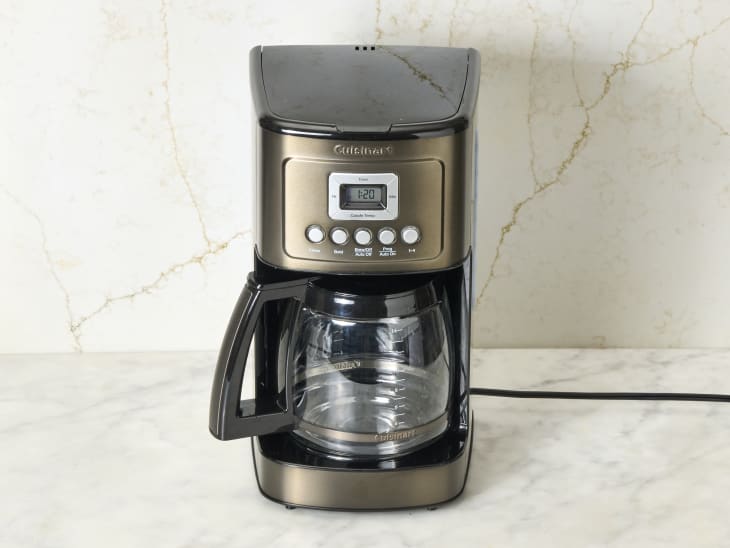

I’ll admit it: I used to leave almost everything in my kitchen plugged in year-round. My coffee maker, toaster, air fryer, you name it — if it sat on the counter, it stayed plugged in 24/7. I honestly didn’t think twice about it, until I realized that habit actually posed a major home safety hazard — especially in the summertime.
When it’s sweltering hot out and every air conditioner on the block is working overtime, your home’s (and neighborhood’s) electricity can start acting a little strange. Lights might flicker, your fridge might start buzzing, or the power might cut off completely — and that’s not random.
Why You Should Always Unplug Small Appliances During Heat Waves
Plugged-in appliances increase electrical fire risk.
The U.S. Fire Administration notes that keeping small appliances plugged in at all times, especially if they have heating elements, can increase the chance of electrical fires. This is magnified during heat waves when appliances are already at risk of overheating. While larger appliances like fridges and dishwashers should remain plugged in, smaller ones should only be plugged into an outlet when in use; the National Fire Prevention Association additionally recommends only having one heat-producing appliance plugged into an outlet at any given time. And when they are plugged in, make sure they have proper ventilation to help prevent overheating.
Even “off” appliances still use power (and cost money!).
What surprised me even more is that even when an appliance or kitchen tool is switched “off,” like my air fryer or coffee maker, it’s still using electricity. The Department of Energy calls it “standby power” (or “phantom load”), and it can make up around 10% of your total bill. That might not sound like much, but when your energy is already running overtime to keep your home cool, every bit of strain adds up fast. So not only is it posing an increased power outage and fire risk, but it’s also raising your utility costs.
There’s a one-second fix that actually helps.
Now I actively try to be more aware of keeping my appliances unplugged when I’m not using them. It doesn’t seem like much — and only takes one second — but when the power grid’s under stress, it can actually make a huge difference. Before I go to bed or leave the house, I do a quick scan of the kitchen and unplug anything that gets hot, like the toaster, air fryer, coffee maker, or even the microwave and electric tea kettle.
If unplugging small appliances one by one feels tedious, just plug them into a surge protector or smart plug. That way, you can flip one switch and turn off a bunch of stuff all at once. Just make sure it’s actually turned off — otherwise your appliances will keep sipping power like nothing changed. It’s one of those tiny habits that takes almost no effort, but makes your home a little more efficient, a little safer, and gives you one fewer thing to worry about when it’s 100 degrees out.